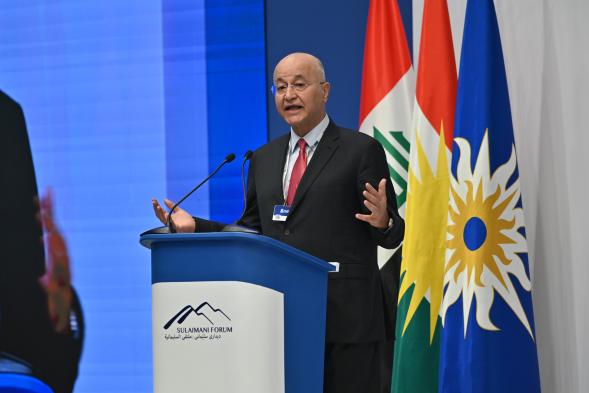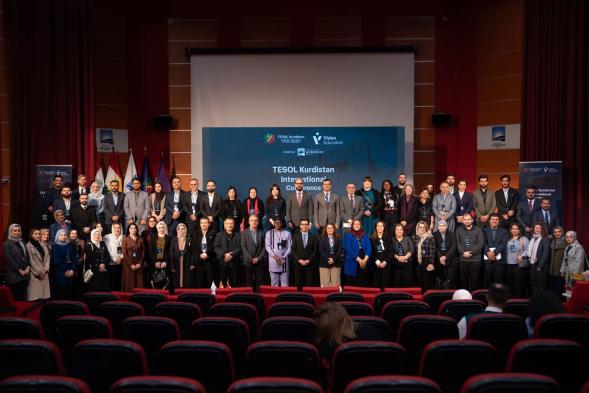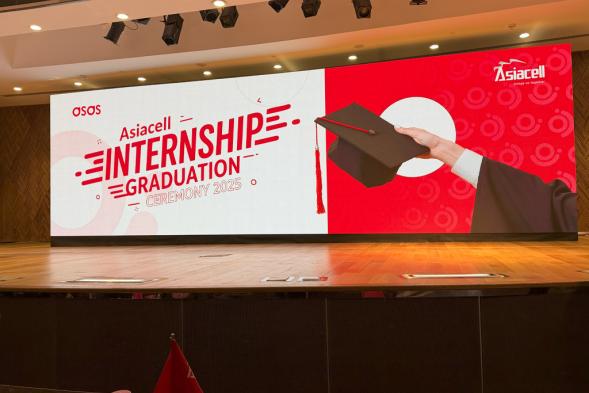AUIS and Kashkul Celebrate Mosul's Musical Heritage in a Landmark Festival
In a significant achievement for the American University of Iraq, Sulaimani (AUIS) and its cultural research center, Kashkul, a landmark festival celebrating the ancient musical heritage of Mosul was successfully organized. Held on September 27 in Mosul’s Forest Park (Mukhayyam Kashfi), the event underscored both the city's rich cultural history and its resilience in the face of adversity. The Festival took place with the presence of AUIS President Dr. Bilal Wahab, who emphasized the importance of cultural preservation in fostering national unity and global understanding.
Hundreds of attendees from diverse backgrounds joined the celebration, including prominent officials such as Prof. Dr. Munir Salim Taha, Assistant President of the University for Scientific Affairs. The festival featured performances from Maqam singers, including Mohammed Sajad, a renowned Iraqi Maqam singer and star of Iraq Idol.
This project is led by Bryar Bajalan, an AUIS alumnus from 2018 who is currently pursuing a PhD at the University of Exeter in the UK. It is also funded by the British Council’s Cultural Protection Fund, in partnership with the UK Government Department for Digital, Culture, Media and Sport (DCMS). Bajalan’s leadership in this initiative is a testament to the critical role AUIS alumni are playing in preserving Iraq’s cultural legacy, as well as advancing collaboration between Iraq and international institutions.
The festival, a product of collaboration among AUIS, Kashkul, the University of Mosul, Volunteer with Us, and the University of Exeter in the UK, is part of a larger initiative to revive and safeguard Iraq's endangered musical traditions. Mosul, a city with a profound history of musical contributions, has endured years of conflict that threatened its cultural practices. This festival marks a critical step in reconciling those traditions, ensuring that they continue to be a source of pride and identity for future generations.
This project sought to safeguard these traditions by documenting, teaching, and performing ancient musical compositions. It also aims to create opportunities for musicians and scholars in Iraq to engage with and promote their cultural heritage on a global stage while discovering new contemporary ways to engage with their heritage that resonate with their current experiences.
Kashkul’s involvement in this initiative not only brings attention to the cultural richness of Mosul but also highlights the University’s broader mission to serve as a hub for the intellectual and cultural revival of Iraq. By working on these cultural preservation projects, AUIS and Kashkul are helping to foster a deeper understanding of Iraq’s diverse historical and cultural legacy, both within the country and internationally.






